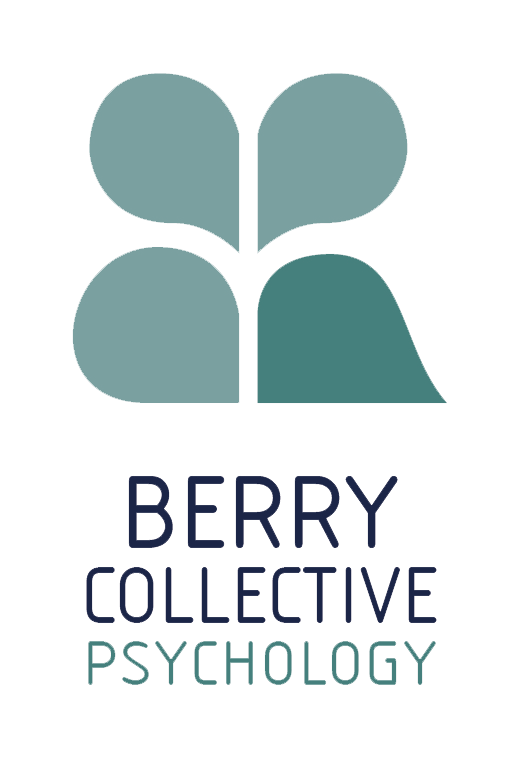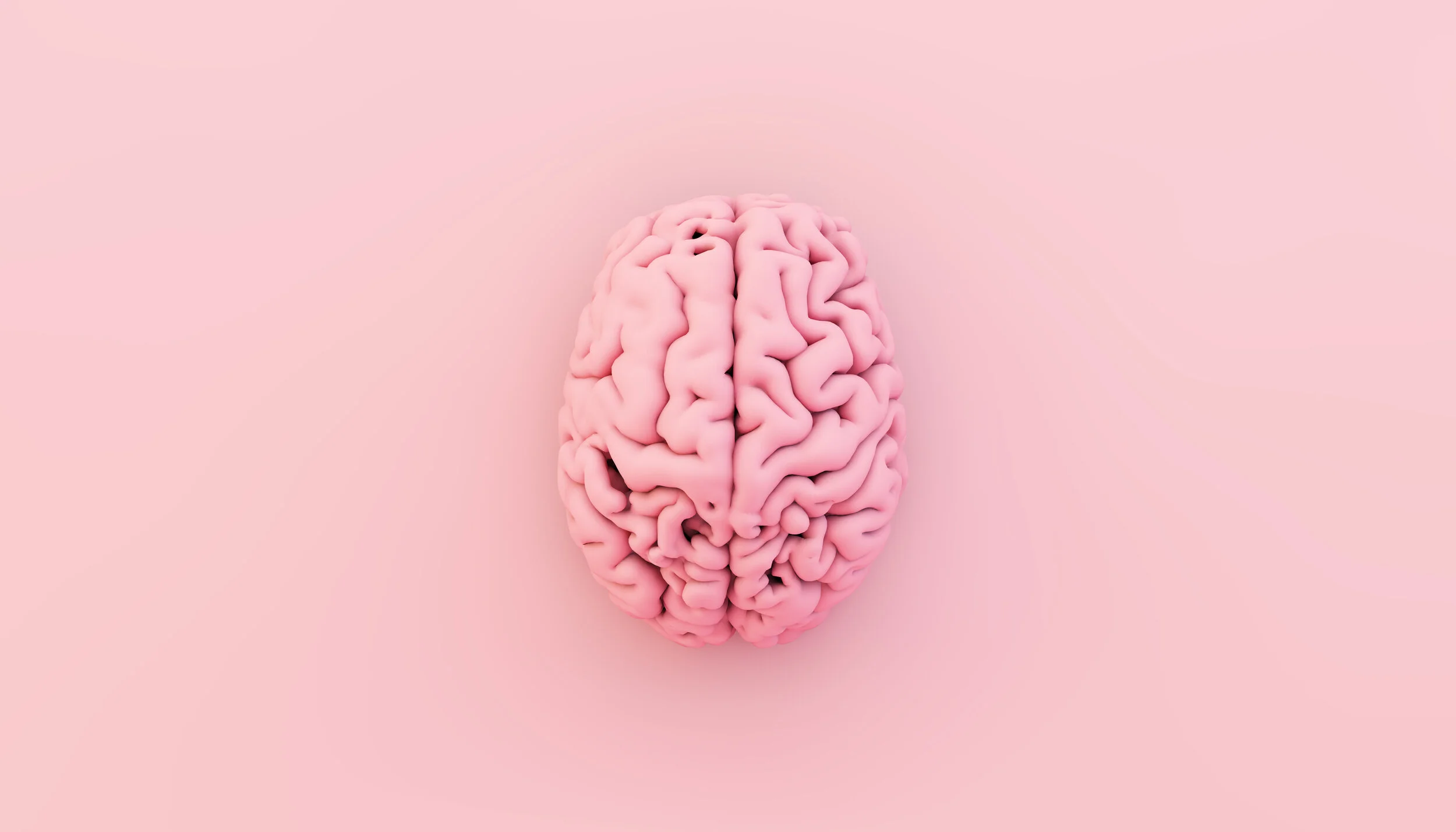How To Help Your Child Regulate Their Emotions
A major key to helping your child regulate their emotions is to understand how their brain is developing. We can do this by dividing the brain into three sections.
1. Downstairs Brain
The downstairs brain, which is responsible for basic functions and survival.
2. Upstairs Brain
The upstairs brain, which is responsible for reasoning and logical thinking.
3. The Staircase
A staircase that helps integrate logical thinking with emotional reactions.
In young children their downstairs brain is the most developed part of their brain and therefore, when highly emotional, this is where they mainly respond from. Their upstairs brain and staircase are not yet developed enough to be consistently helpful. This staircase will develop with age and experience.
As parents, this means we need to:
Expect that our kids will struggle to have the same sort of control over their bodies, emotions, and actions that we do.
Stay calm - use a neutral tone and volume of voice - and pick our battles
Help our children learn to integrate the 3 parts of the brain by helping them piece together what has happened, how they are feeling, how their emotional response makes sense, what they can do about the situation.
Debrief with them only once they have calmed down. Do not expect them to think logically until then.
Wait until we have calmed down to enact discipline. When we are mad, we can provide unreasonable consequences for behaviour and sometimes new information comes out during the debrief that helps us better understand the situation and what consequences are appropriate.
For some children there may be other factors to consider such as sensory, anxiety, or developmental concerns. You can see your GP for a referral to receive further support.
Looking for a therapist specialising in youth mental health? Meet Soha.
Soha’s strengths lie in supporting you to recover and heal from trauma, childhood adversity and addiction. She is passionate about helping you foster a nourishing relationship with yourself and others in order to build a full and meaningful life.





